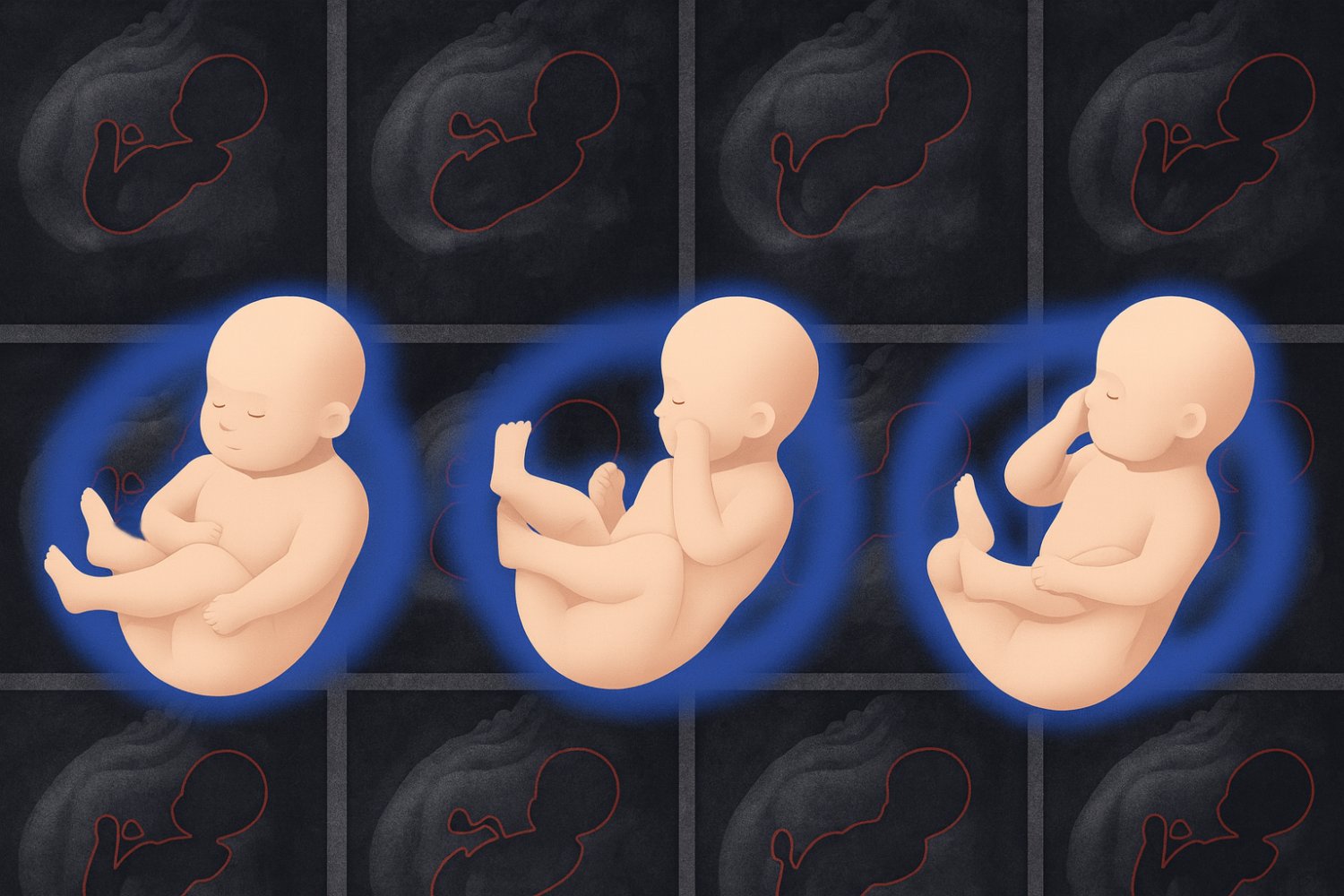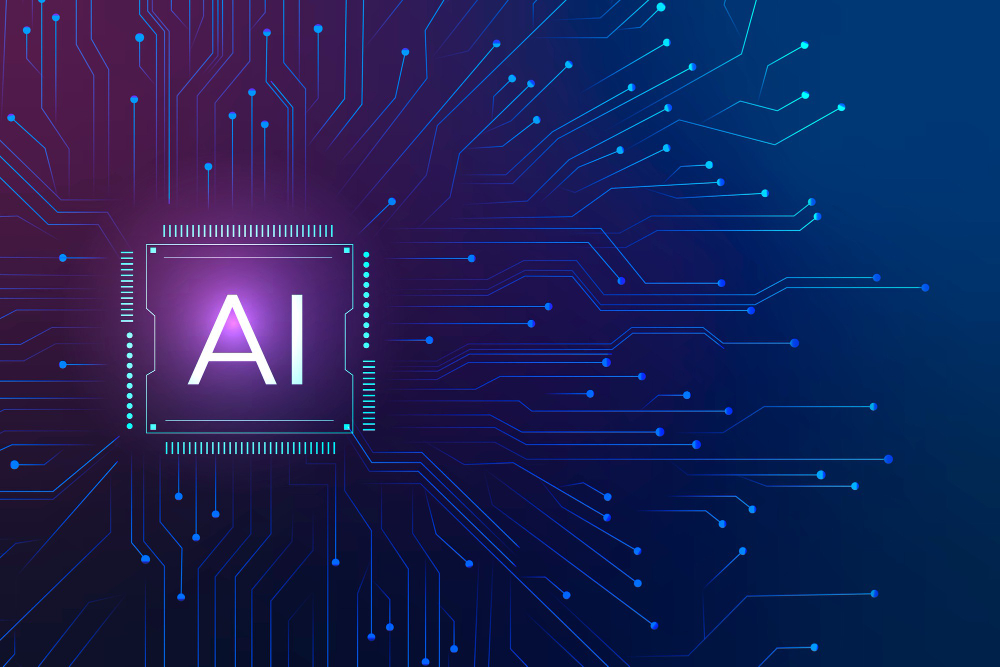Introduction to RAGEN and StarPO
Researchers have introduced RAGEN, an AI framework designed to counter LLM agent instability when handling complex situations. Training these AI agents presents significant hurdles, particularly when decisions span multiple steps and involve unpredictable feedback from the environment. While reinforcement learning (RL) has shown promise in static tasks like solving maths problems or generating code, its application to dynamic, multi-turn agent training has been less explored.
The Challenges of Multi-Turn RL
Addressing this gap, a collaborative team from institutions including Northwestern University, Stanford University, Microsoft, and New York University has proposed StarPO (State-Thinking-Actions-Reward Policy Optimisation). StarPO offers a generalised approach for training agents at the trajectory level, optimising the entire sequence of interactions, not just individual actions. Accompanying this is RAGEN, a modular system built to implement StarPO, enabling the training and evaluation of LLM agents, particularly focusing on their reasoning capabilities under RL.
Minimalist Environments for Maximum Insight
To isolate the core learning challenges from confounding factors like extensive pre-existing knowledge or task-specific engineering, the researchers tested LLMs using RAGEN in three deliberately minimalistic, controllable symbolic gaming environments:
- Bandit: A single-turn, stochastic task testing risk-sensitive symbolic reasoning.
- Sokoban: A multi-turn, deterministic puzzle requiring foresight and planning.
- Frozen Lake: A multi-turn, stochastic grid navigation task where movement attempts can randomly fail, demanding planning under uncertainty.
Key Findings: Stability, Rollouts, and Reasoning
The study yielded three significant findings concerning the training of self-evolving LLM agents:
- The ‘Echo Trap’ and the need for stability: Agents would initially improve but then suffer performance collapse, overfitting to locally rewarded reasoning patterns.
- Rollout quality is crucial: The characteristics of the ‘rollouts’ significantly impact learning, with factors including task diversity, interaction granularity, and rollout frequency being key.
- Reasoning requires careful reward design: Simply prompting models to ‘think’ doesn’t guarantee meaningful reasoning emerges, especially in multi-turn tasks.
Strategies for Stability and Effective Training
To combat the ‘Echo Trap’, the team developed StarPO-S, a stabilised version of the framework. StarPO-S incorporates variance-based trajectory filtering, critic incorporation, and decoupled clipping and KL removal. These strategies improved stability and efficiency, delaying collapse and improving final task performance.
RAGEN and StarPO: A Step Towards Self-Evolving AI
The RAGEN system and StarPO framework represent a step towards training LLM agents that can reason and adapt through interaction in complex, unpredictable environments. This research highlights the unique stability challenges posed by multi-turn RL and offers concrete strategies to mitigate them.
Conclusion
The introduction of RAGEN and StarPO marks a significant advancement in the development of self-evolving AI systems. By addressing the challenges of multi-turn RL and providing strategies for stability and effective training, this work opens a scalable and principled path for building AI systems in areas demanding complex interaction and verifiable outcomes.
FAQs
- What is RAGEN? RAGEN is an AI framework designed to counter LLM agent instability when handling complex situations.
- What is StarPO? StarPO is a generalised approach for training agents at the trajectory level, optimising the entire sequence of interactions.
- What are the key findings of the study? The study found the importance of stability, rollout quality, and careful reward design in training self-evolving LLM agents.
- How does StarPO-S improve stability? StarPO-S incorporates variance-based trajectory filtering, critic incorporation, and decoupled clipping and KL removal to improve stability and efficiency.
- What are the potential applications of RAGEN and StarPO? The potential applications include theorem proving, software engineering, and scientific discovery, among other areas demanding complex interaction and verifiable outcomes.











